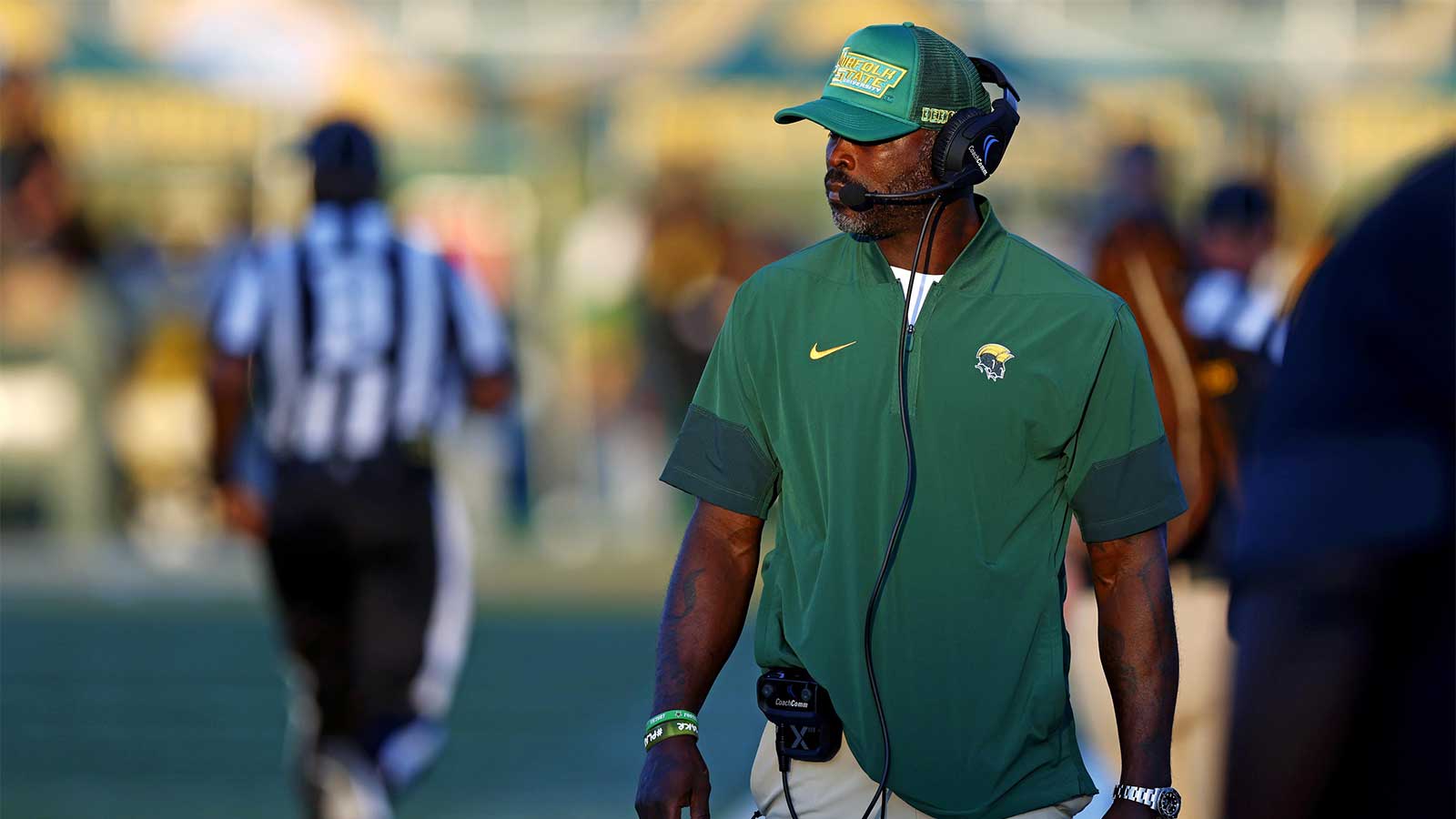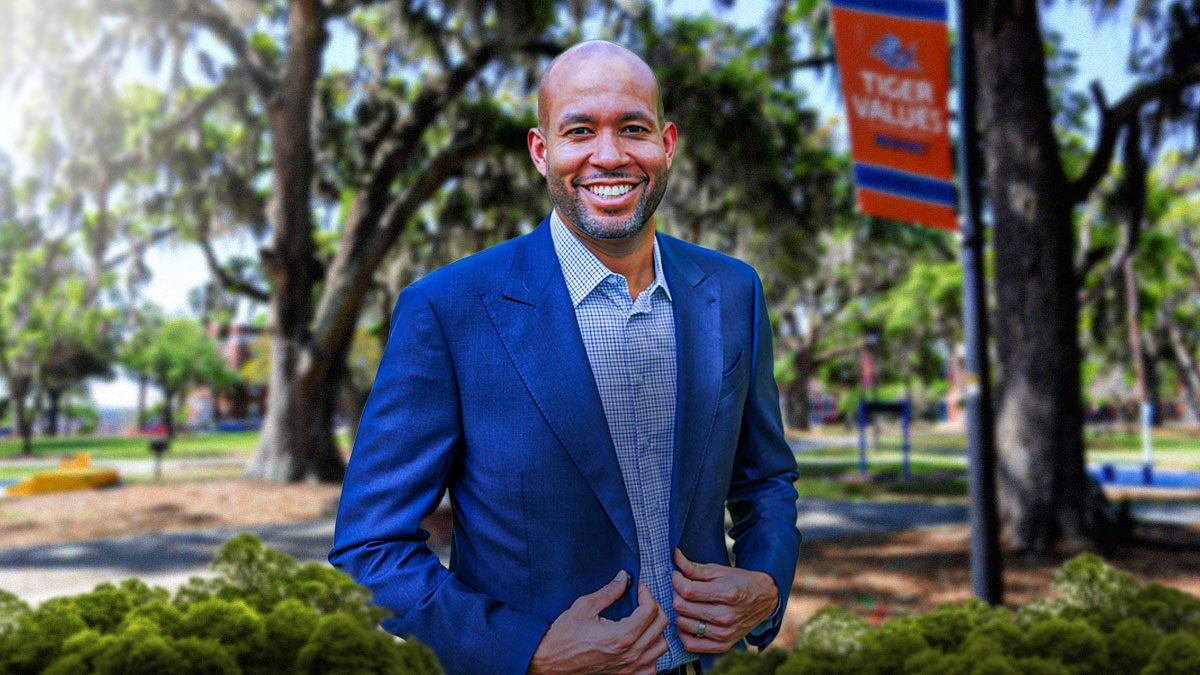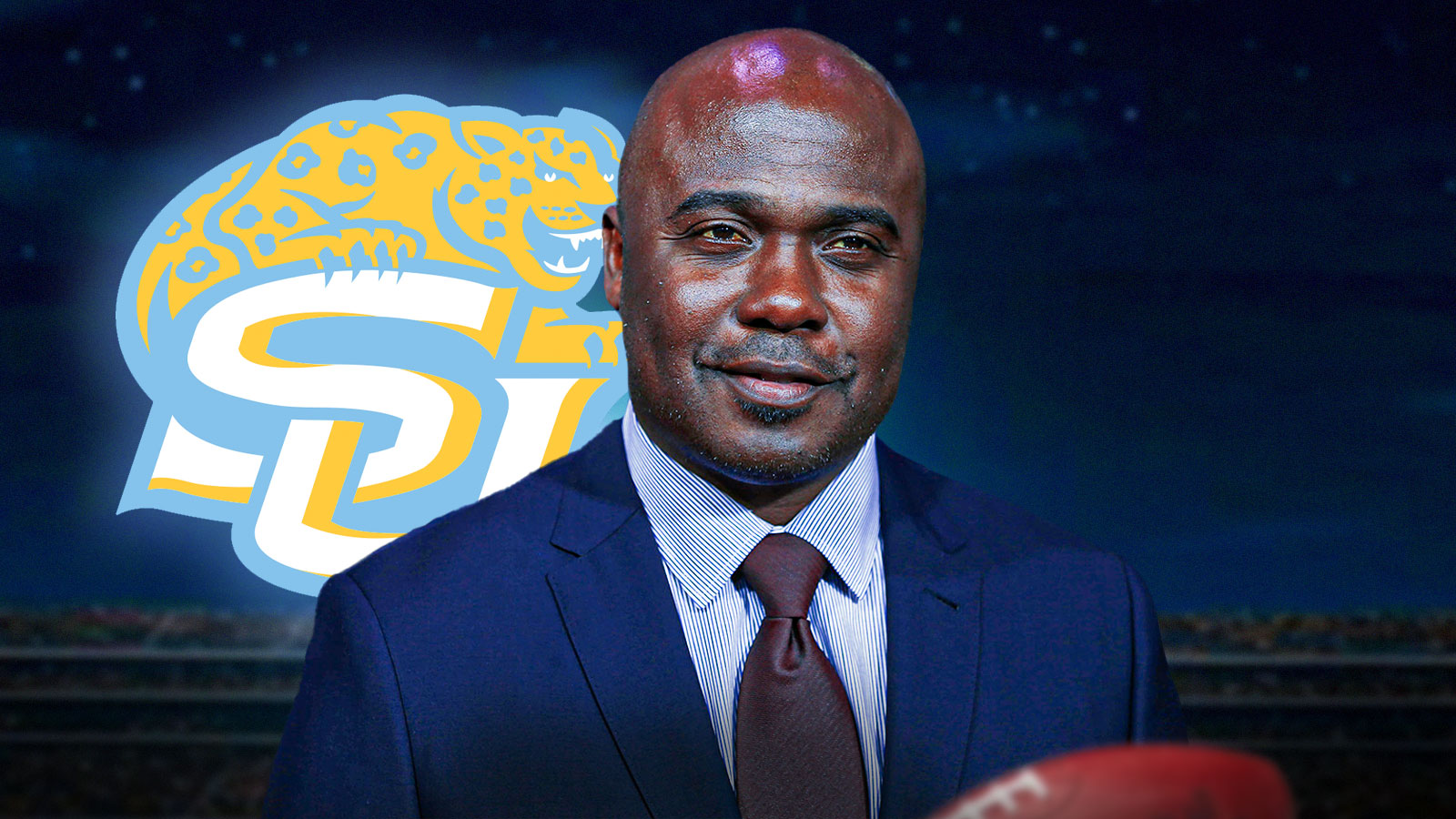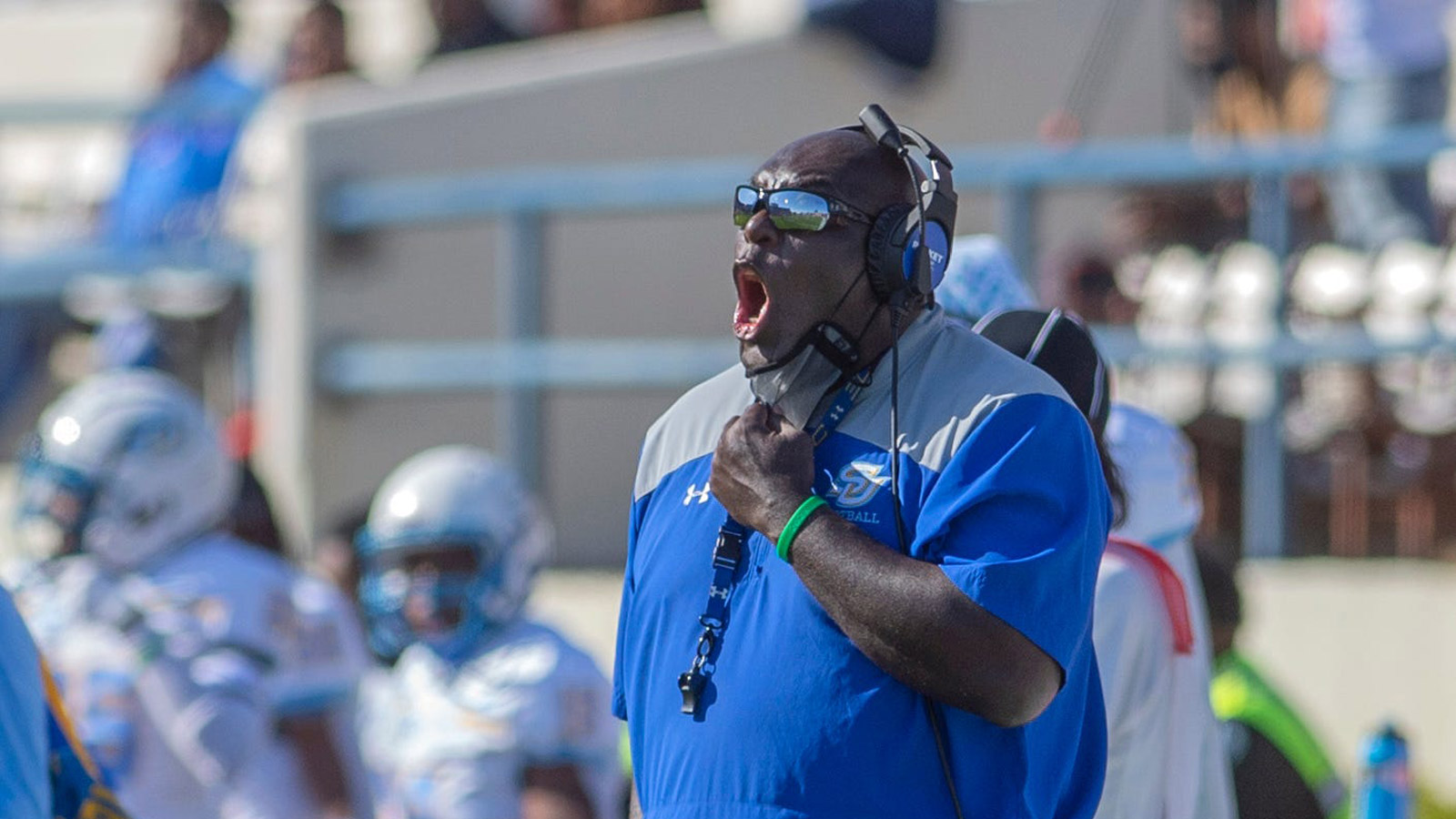Grambling State University has terminated its official association with the Grambling University Foundation, according to a statement on the university's website. The Foundation played a big part in the Bayou Classic, overseeing important elements such as media rights and producing revenue with the goal of benefitting the university. In concert with the Southern University Foundation, it set a deal with NBC/Peacock to broadcast the annual game.
“Grambling State University is evolving—strengthening the way we fulfill our mission and expanding our impact for generations to come. As part of this strategic shift, the University has concluded its formal affiliation with the Grambling University Foundation (GUF), following a careful review grounded in transparency and long-term alignment,” the institution said in the statement.
The statement also said, “In its place, we are establishing a new, independent foundation that will fuel research, fundraising, innovation, and partnerships—positioning Grambling State as the epicenter for pathways and possibilities. This marks more than a transition—it’s a bold step forward.”
Per the statement, the formal relationship with the Grambling University Foundation ending followed a strategic review that concluded a new foundation structure would better align with the University’s priorities. The new structure is expected to improve transparency, alignment with institutional objectives, and facilitate the University’s long-term growth in advancement and development.
As part of this shift, Grambling is creating a new, independent foundation. meant to centralize and modernize efforts around fundraising, research advancement, and external partnerships. Grambling says that the details of the new, independent foundation is being finalized and expected to be announced in the coming weeks.
According to the university website, The Grambling University Foundation was a nonprofit corporation established to raise funds to further the purpose and mission of the institution. It was a tax-exempt organization that provided more flexibility to raise and manage private support than state offices or government subdivisions.




















